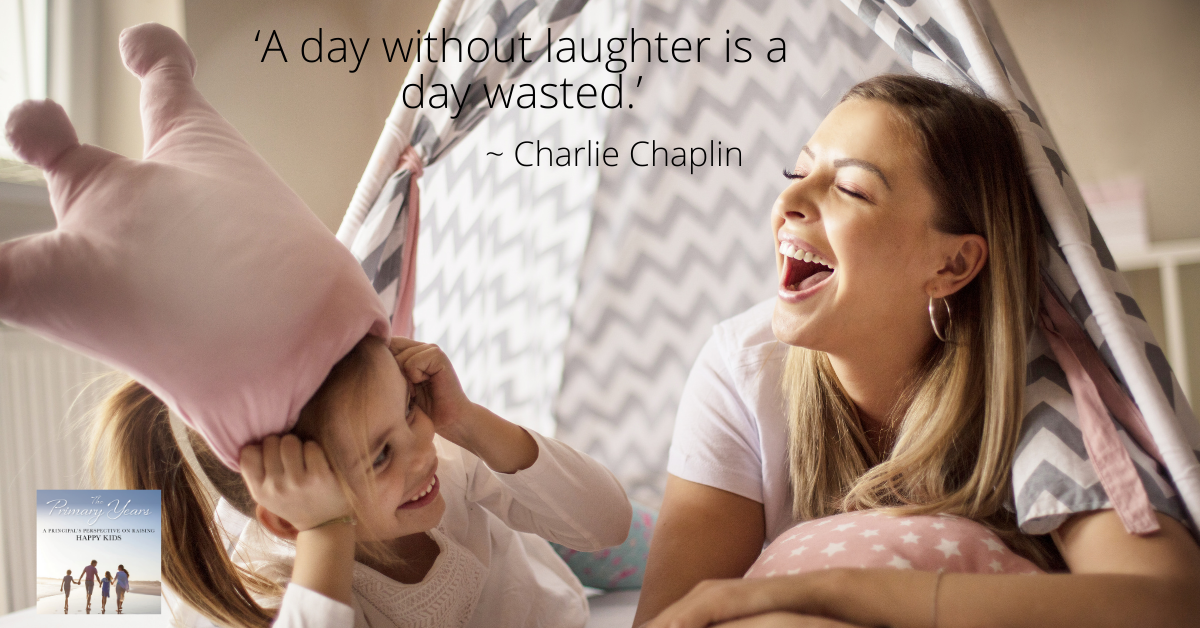The calm, steady sense of being joyful also feeds into a child’s sense of security, reducing anxiety and stress. Simple things like laughing about a joke together, telling jokes, noticing together the funny side of a situation. All of these display a positive, healthy disposition to life and send signals to your child that being happy is the best state in which to live.
When working with children, it was always important to set the scene before talking about matters that may concern the child. We would start with something light such as talking about the great sports day we had yesterday or the funny moment when the bell went at the wrong time. This gives a message to the child that we can discuss matters knowing that we share a common love of life in a positive setting.
Start looking at simple activities you do together as joyful times. Even chatting together in the car, playing “I spy” etc. is a time of joy and fun. It about being alive and positive together.
Family games are also a wonderful time to enjoy each other’s company and to find a sense of joy in the occasion. Choose funny books to have a laugh together when reading.
My own children, now well grown, will occasionally talk about the funny or quirky situations they shared with their mother. These are memorable and tell a story. Remember parents do not have to be perfect, just normal is quite enough.
If you are busy and tired take care not to show this tension to your child. These occasions can be very real road blocks for having happy, quality time together.
Try keeping in mind that any situation no matter how ordinary can become a time of joy. All it requires is your awareness of how a situation can turn into a happy experience. For example, if all is quiet in the car, chat about the funny sign you just read or sing a song together.
Happy people that see the joy in everyday activities are very positive people that others enjoy being around. This blog is about finding the joy and sharing the moment.


